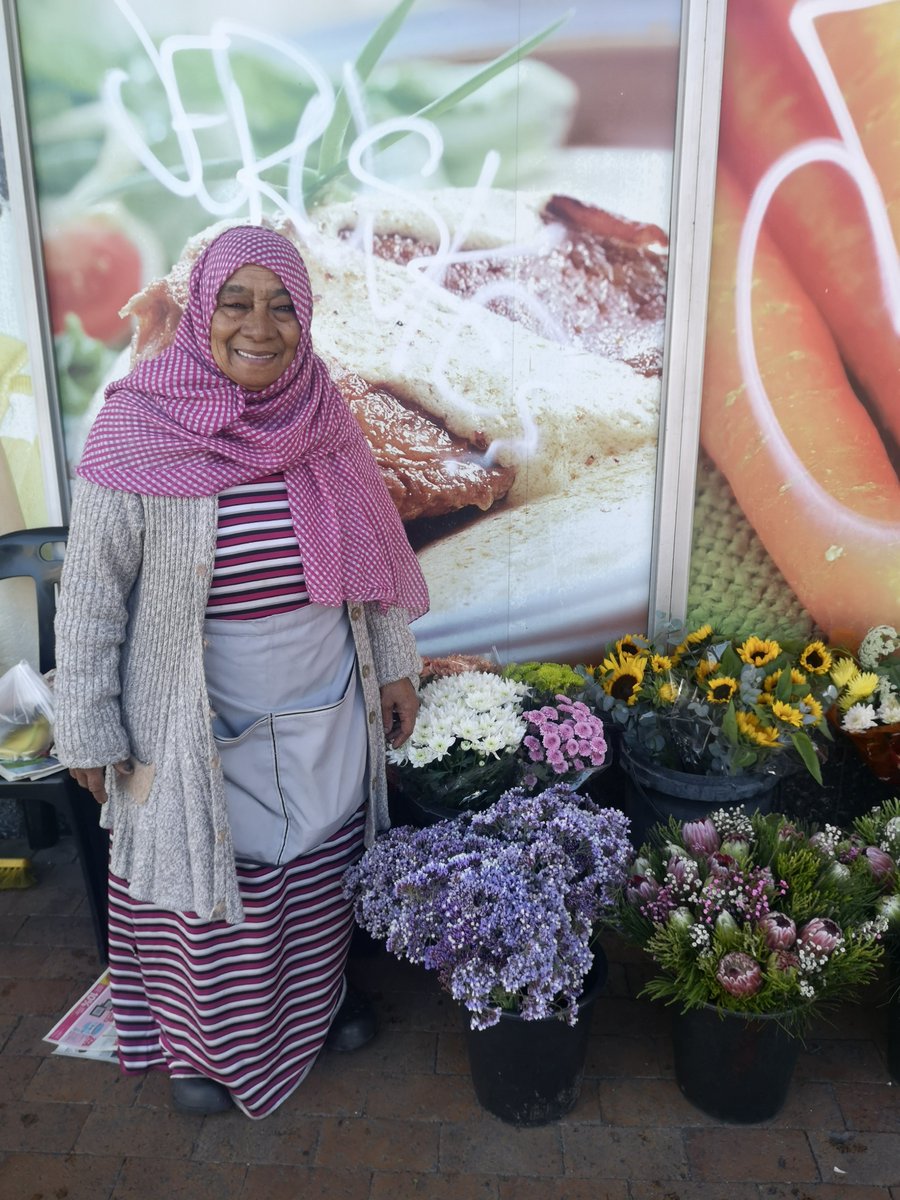
Autshumao (AKA Herri die Strandloper [beachcomber]) was a Khoe chief. Around 1630, he agreed to accompany a visiting ship to Bantam in Java where he learnt much about Europeans, including their languages, such as English and Dutch. (1/10) 
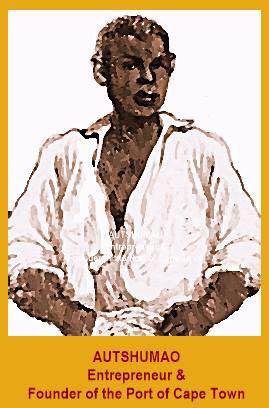
On 6 April 1652, Jan van Riebeeck was received at the Cape by the Autshumao and his people. In the 8 months after van Riebeeck’s arrival, he built a fort on top of Autshumao’s settlement. (2/10) 
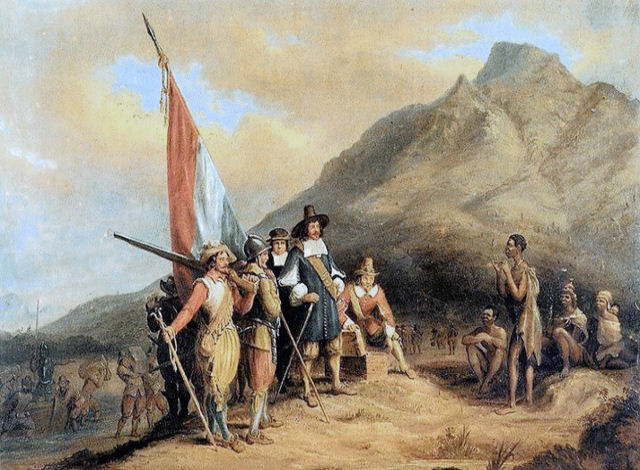
This was van Riebeeck’s view of his hosts, recorded in his diary on 13 May 1656: “It won’t do to say they are merely wild savages… For the more they are known, the more impertinent they are found to be…” (3/10) 
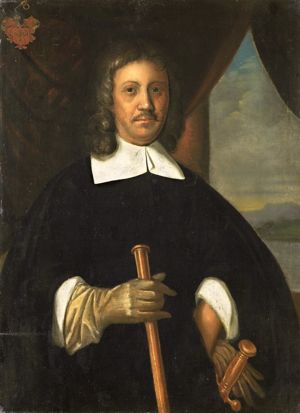
In 1658, all civil relationships between the Dutch and Khoe had deteriorated and war broke out when Autshumao reclaimed cattle that were unfairly taken from his people by the Dutch. (4/10) 
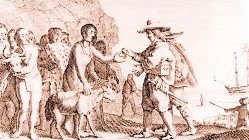
In 1659, after losing this war, he and some followers became the first prisoners on Robben Island. The following year Autshumao and one other prisoner escaped by stealing a rowing boat, which got them to the mainland. (5/10) 
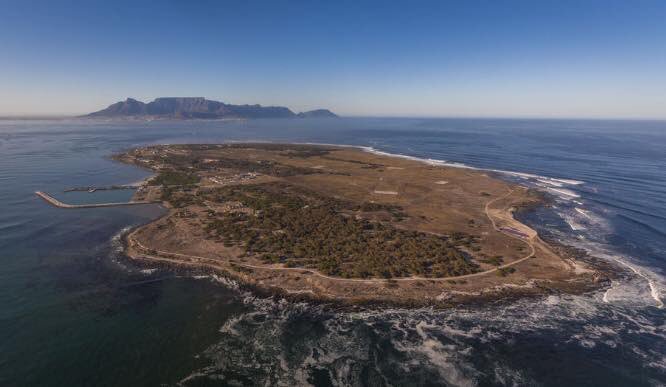
Van Riebeeck’s diary entry of 5 and 6 April 1660: “This day peace was once more concluded with the captain and chief of the Kaapmen, Herri, and all the principal men and elders... they firmly maintained their grievance… (6/10)
“that we had more and more taken of their lands for ourselves, which had been their property for centuries, and on which they had been accustomed to de-pasture their cattle, &c. They also asked… (7/10)
“whether they would be allowed to do the same thing if they came to Holland, and added that it would have mattered little if we had confined ourselves to the Fort, but that instead we were selecting the best lands for ourselves… (8/10) 
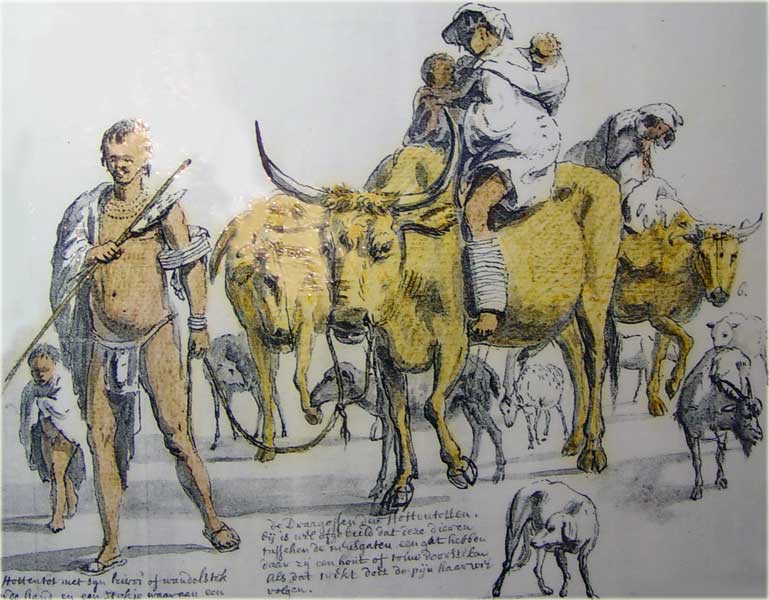
“they steadfastly adhered to their claims it was at last necessary to tell them that they had now lost the land on account of the war… and that we intended to keep it.” Autshumao died in 1663. (9/10)
Read more about Autshumao here: herri.org.za/1/patric-tariq… and about the establishment of the port at the Cape in The Lie of 1652 by @melletpt. #AColouredTapestry (10/10)
• • •
Missing some Tweet in this thread? You can try to
force a refresh










